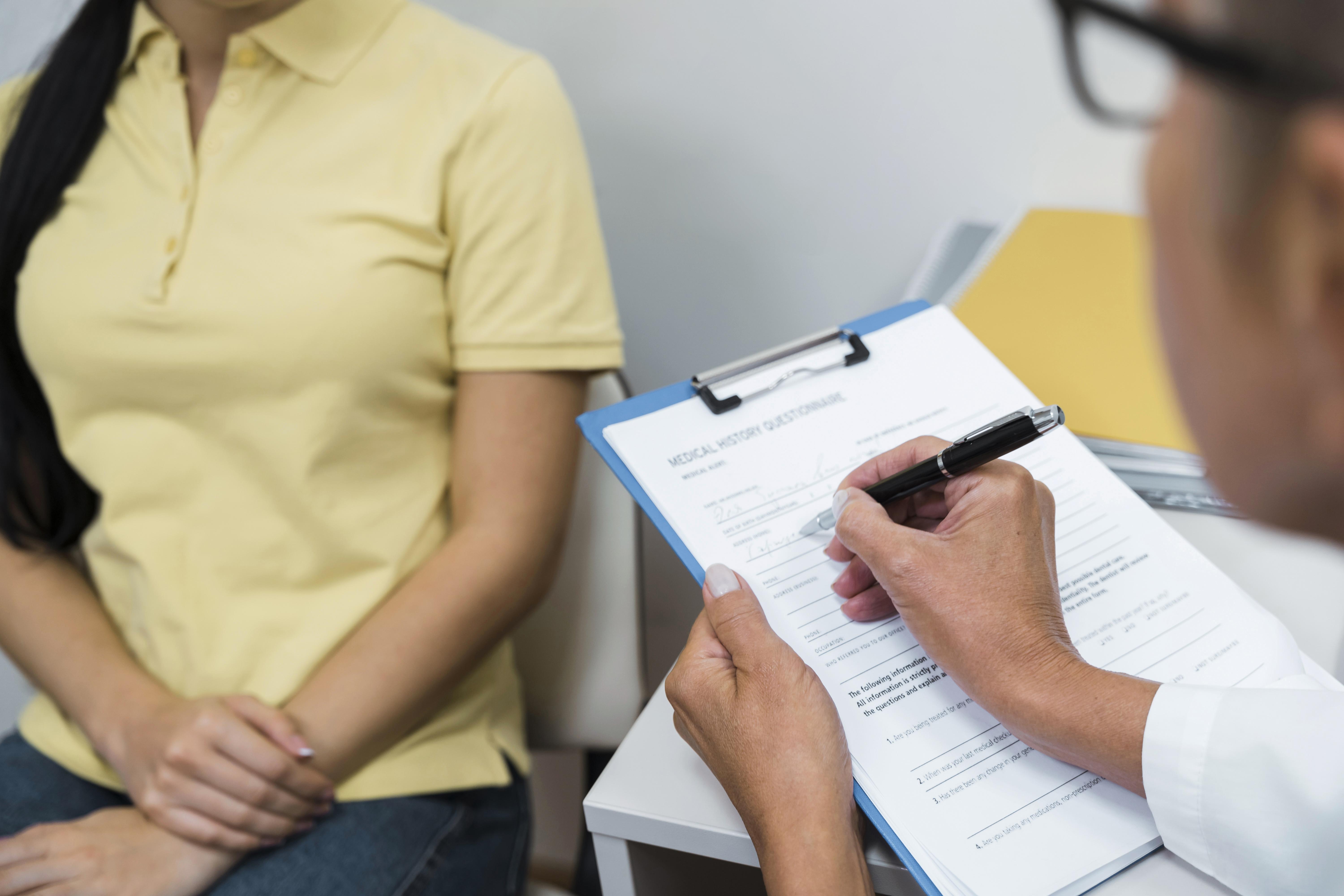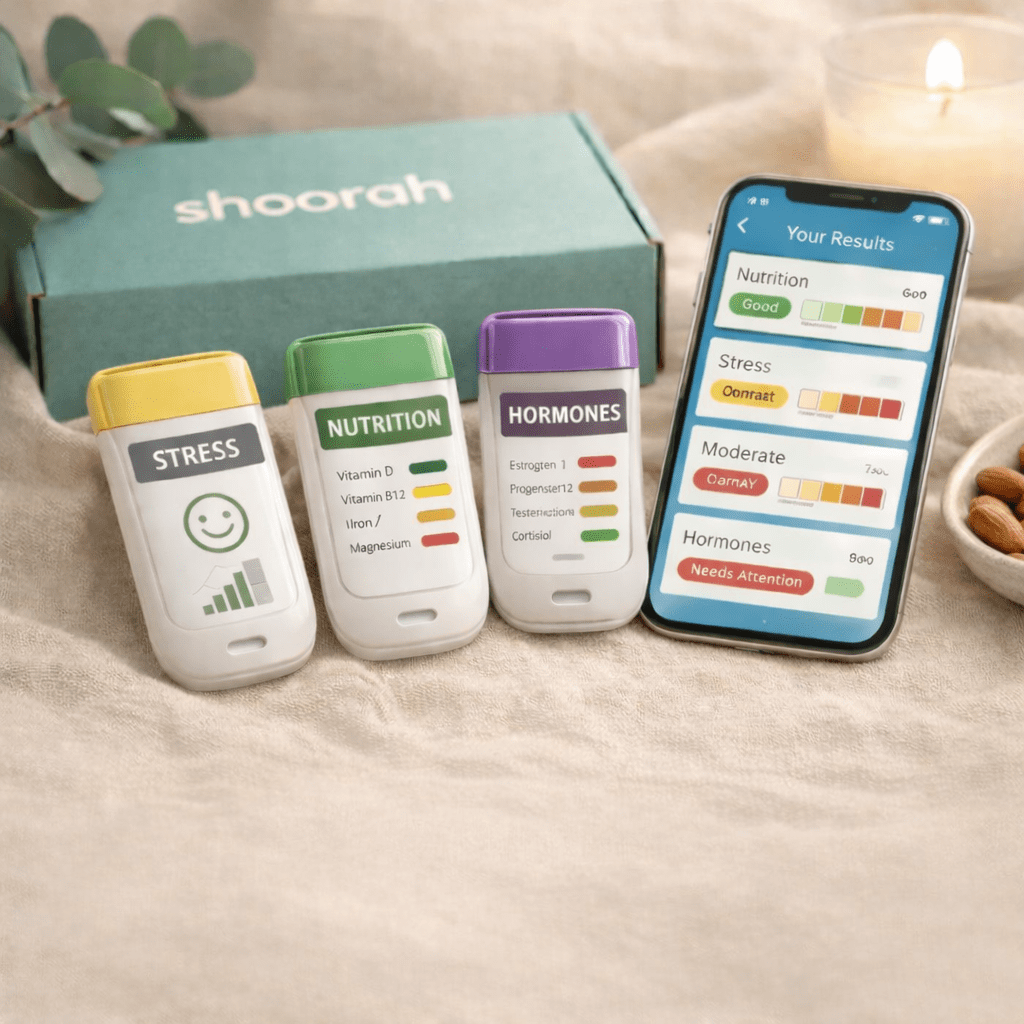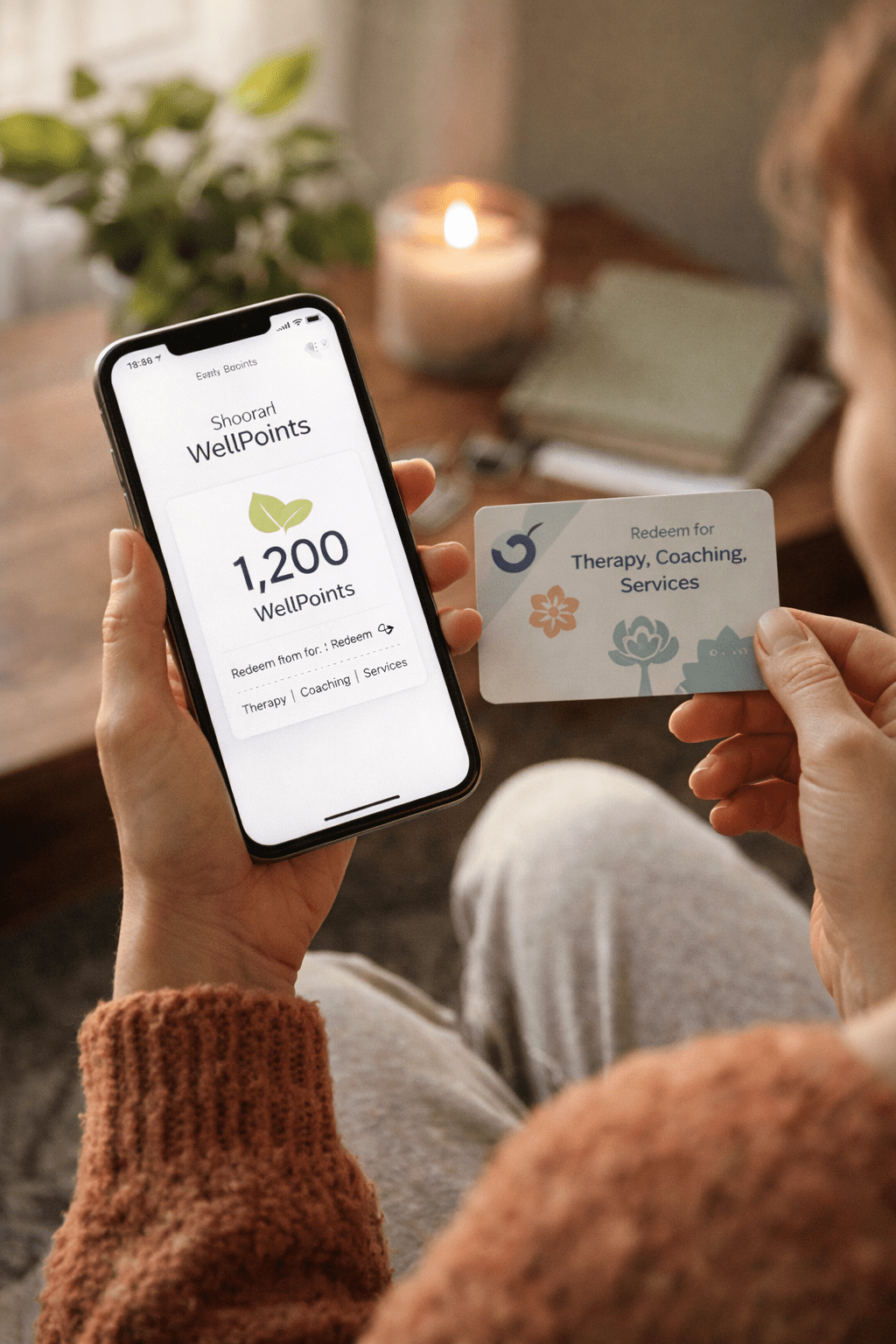Because your mental wellbeing deserves more than guesswork…
When it comes to mental health, we’re finally talking more—and that’s a good thing. But knowing how you’re really doing inside can still be confusing. That’s where self-assessment tests can help. Done right, they offer a private, accessible first step in understanding your mental state. Done wrong? They can leave you more anxious than informed.
So, how do you separate the helpful tools from the clickbait quizzes? Here’s a guide to finding self-assessment tests that are actually worth your time—and your trust.
1. Look for Evidence-Based Tests
Start with science. Credible self-assessments are usually grounded in psychological research and clinical frameworks. Look out for tools based on recognised scales like the GAD-7 (Generalised Anxiety Disorder), PHQ-9 (Patient Health Questionnaire for Depression), or the DASS-21 (Depression Anxiety Stress Scales).
These aren’t just fancy acronyms—they’re widely used by mental health professionals and supported by peer-reviewed research. If the test mentions its methodology or references a reputable source, that’s a green flag.
2. Check Who Created It
Would you trust a dentist to write a legal contract? Probably not. Likewise, check who’s behind the mental health test you’re taking. Universities, NHS-affiliated platforms, or mental health organisations (like Mind, the Mental Health Foundation, or Shoorah) are far more reliable than anonymous websites.
Avoid platforms that don’t clearly state their authorship or qualifications—transparency matters when you’re making sense of your own wellbeing.
3. Avoid ‘One Size Fits All’ Quizzes
Not all self-assessment tools are created equal. Some are little more than personality quizzes with no real depth. A credible test will ask detailed, nuanced questions about your emotions, habits, physical symptoms, and daily function—not just, “How often do you feel sad?”
Mental health is complex and layered. If a test promises instant answers in under a minute, be sceptical. You’re not ordering fast food—you’re looking inwards.
4. Check the Privacy Policy
Mental health is personal. Before you type anything into a test, read the platform’s privacy policy. A credible site will clearly explain how your data is stored, used, and protected. If it’s vague—or worse, missing entirely—close the tab.
Bonus tip: credible tools will often let you take the test anonymously, without needing to create an account.
5. Be Wary of Over-Promising Results
No online tool should diagnose you. That’s the role of a qualified professional. A good self-assessment test will guide you toward understanding your symptoms and suggest whether it’s a good idea to seek further support—not tell you definitively what’s “wrong” with you.
Look for tests that offer insight, reflection, and clear next steps, rather than labels.
6. Ask Yourself: How Do I Feel Afterwards?
You should come away from a self-assessment feeling a bit more understood—not overwhelmed. If a test leaves you feeling judged, panicked, or hopeless, it’s not doing its job.
A credible test supports self-awareness, encourages self-kindness, and nudges you gently towards action—whether that’s journaling, seeing a therapist, or simply breathing through the moment.
Final Thoughts
Self-assessment tests can be incredibly helpful when they’re designed with care, backed by science, and delivered with compassion. They’re not a substitute for therapy—but they can be a powerful stepping stone.
At Shoorah, we’ve built our in-app assessments with clinical support, AI insight, and your privacy at the centre. Because your journey deserves more than just guesswork—it deserves a guide you can trust.
🧠 Start your self-check inside the Shoorah app today.



